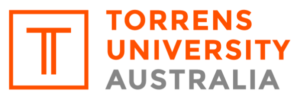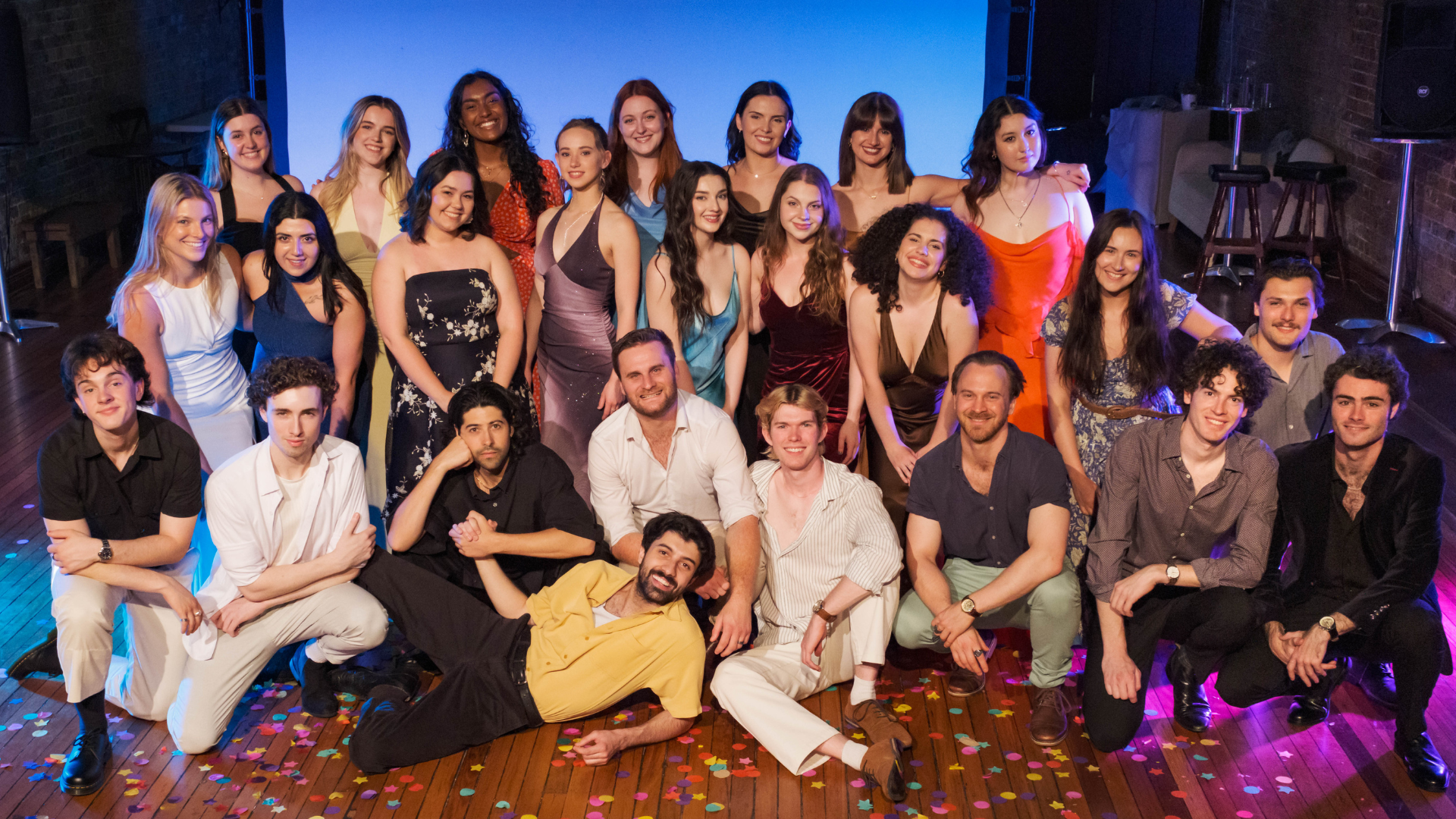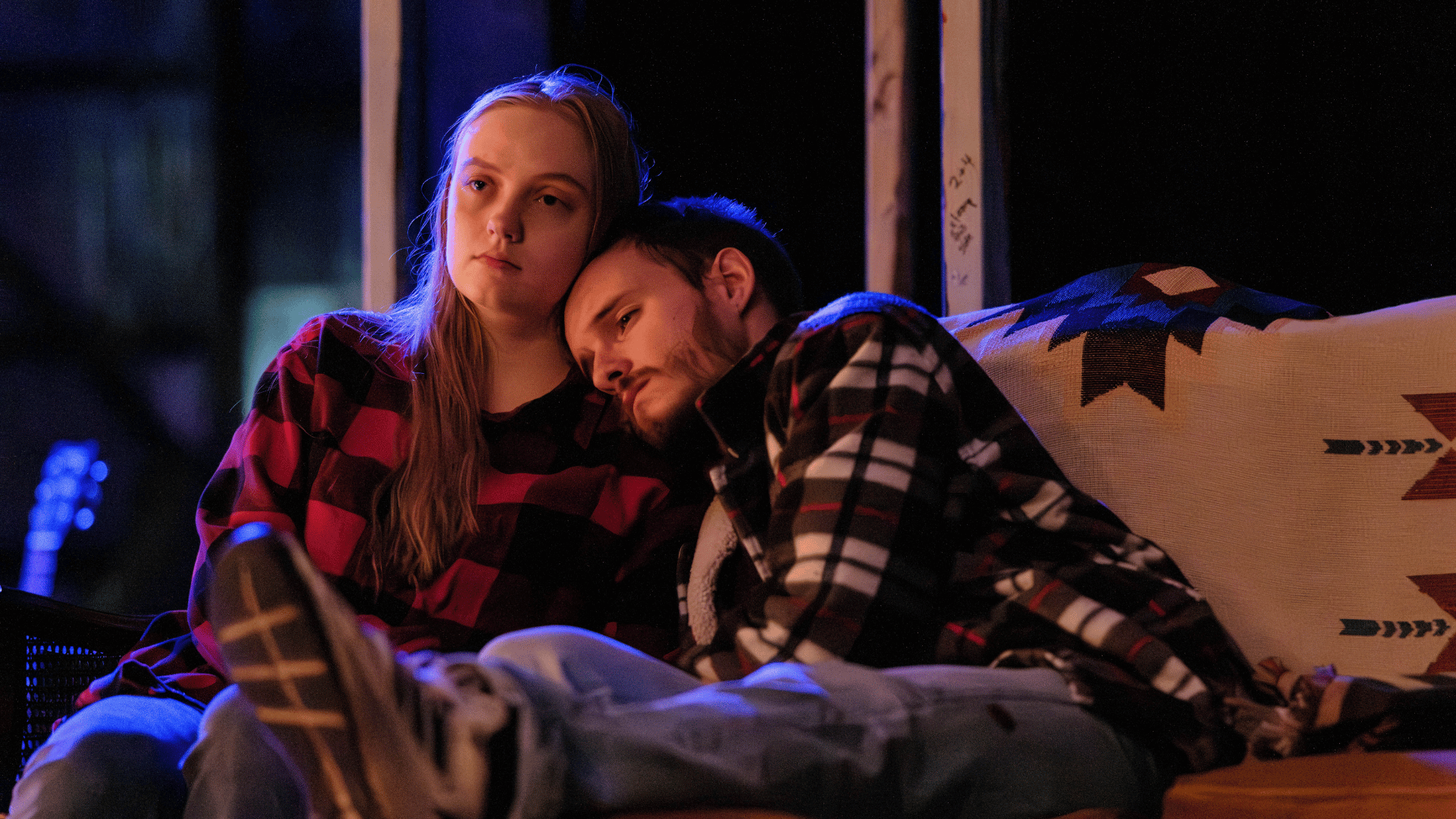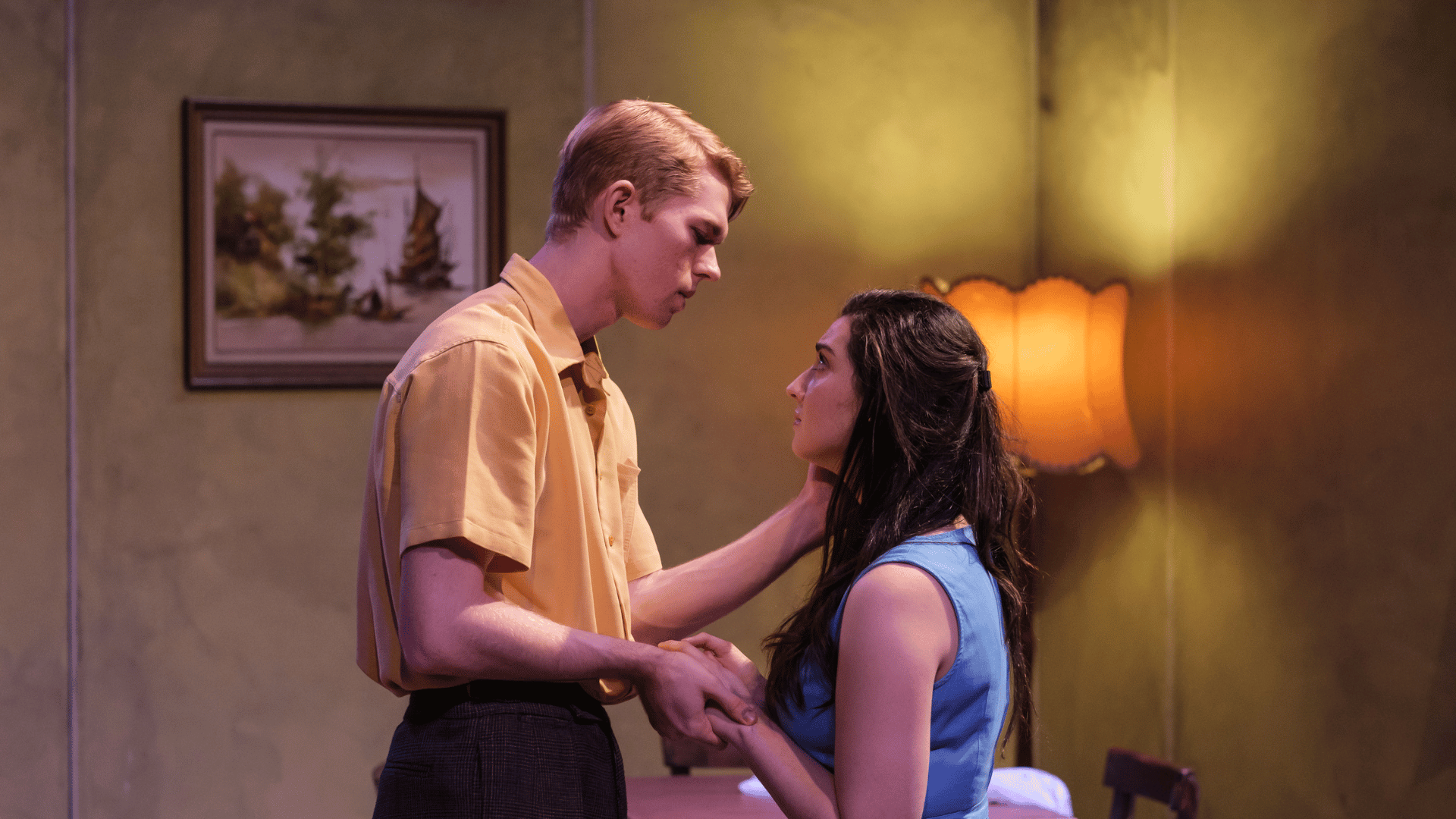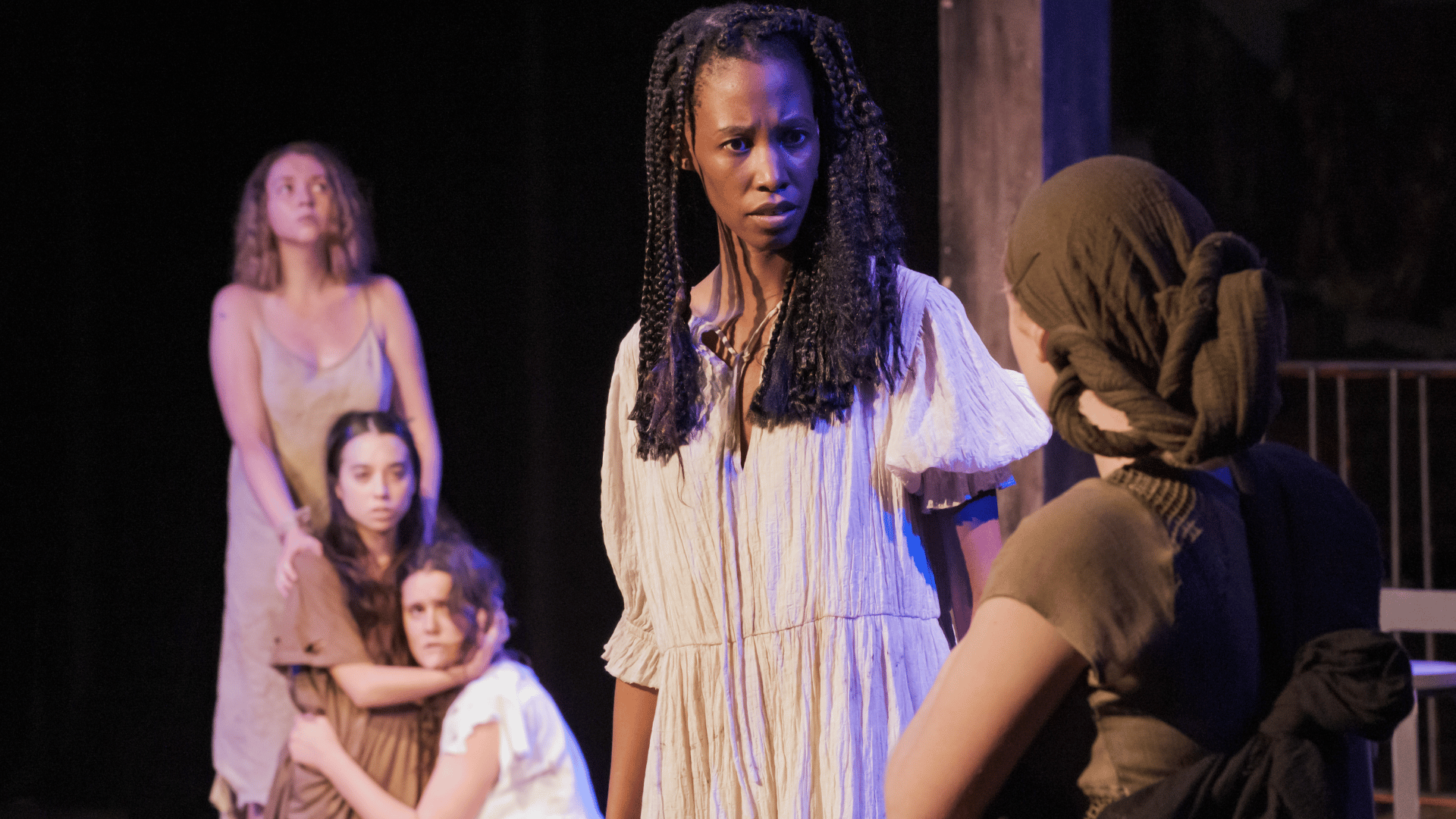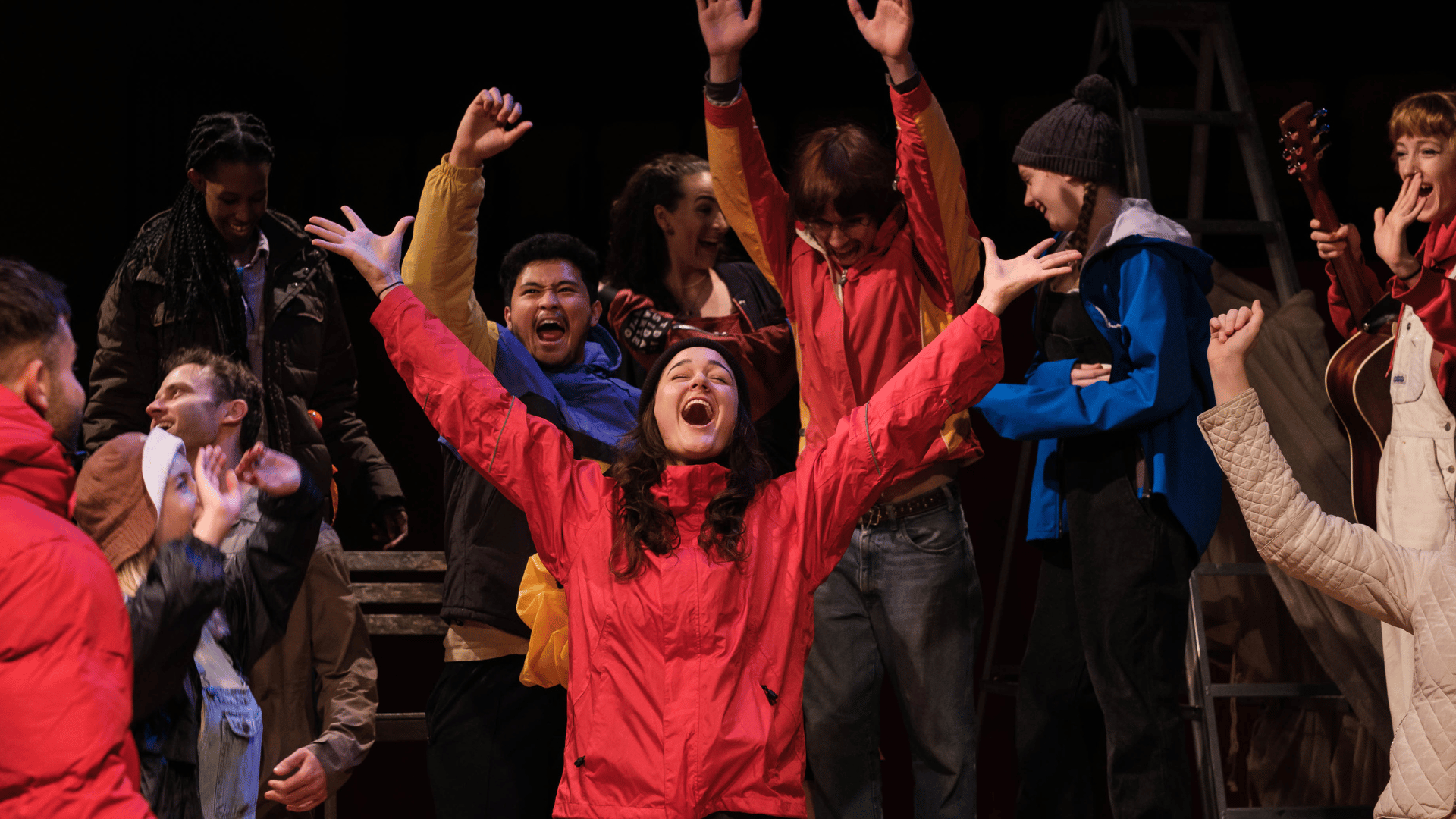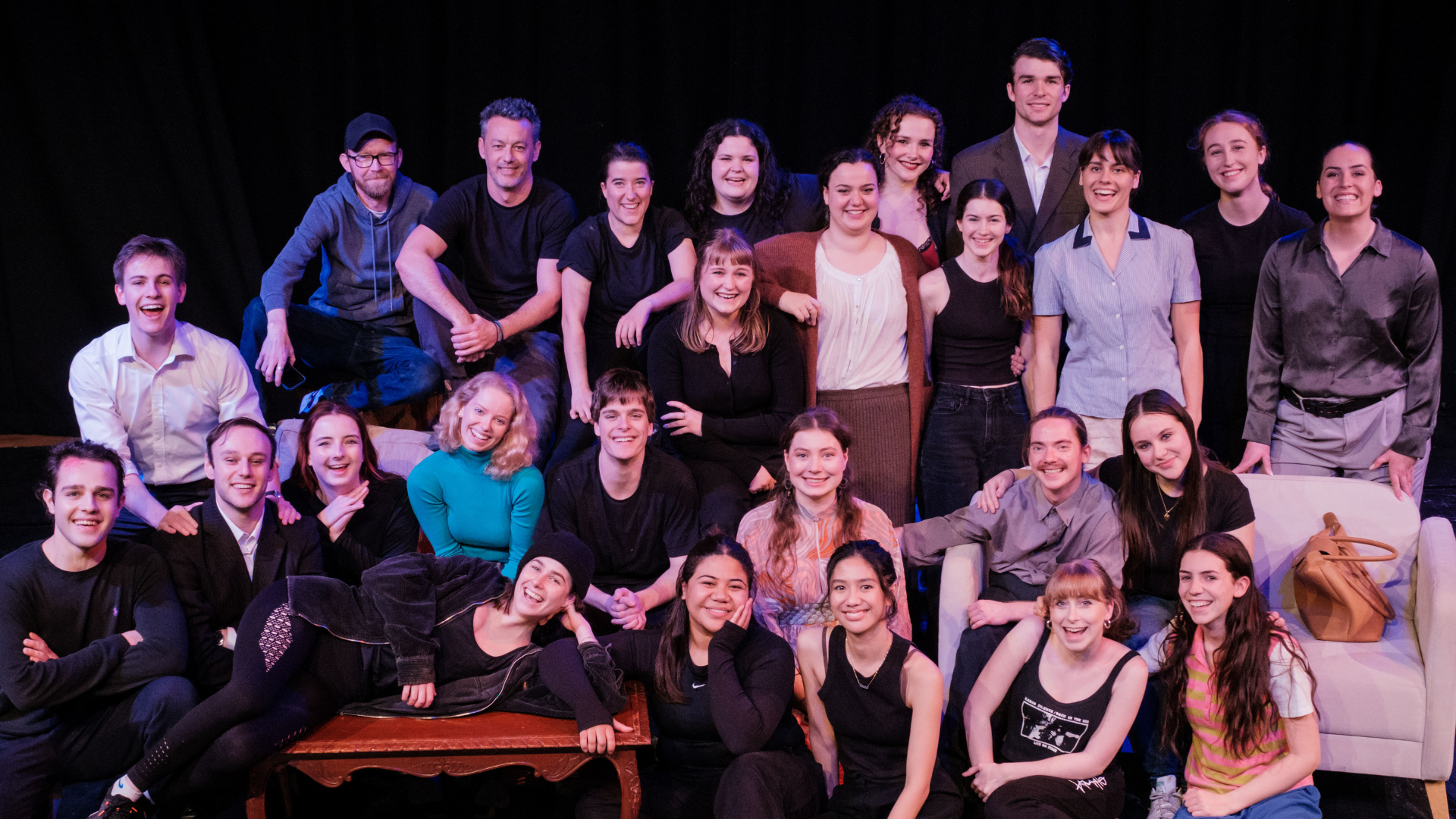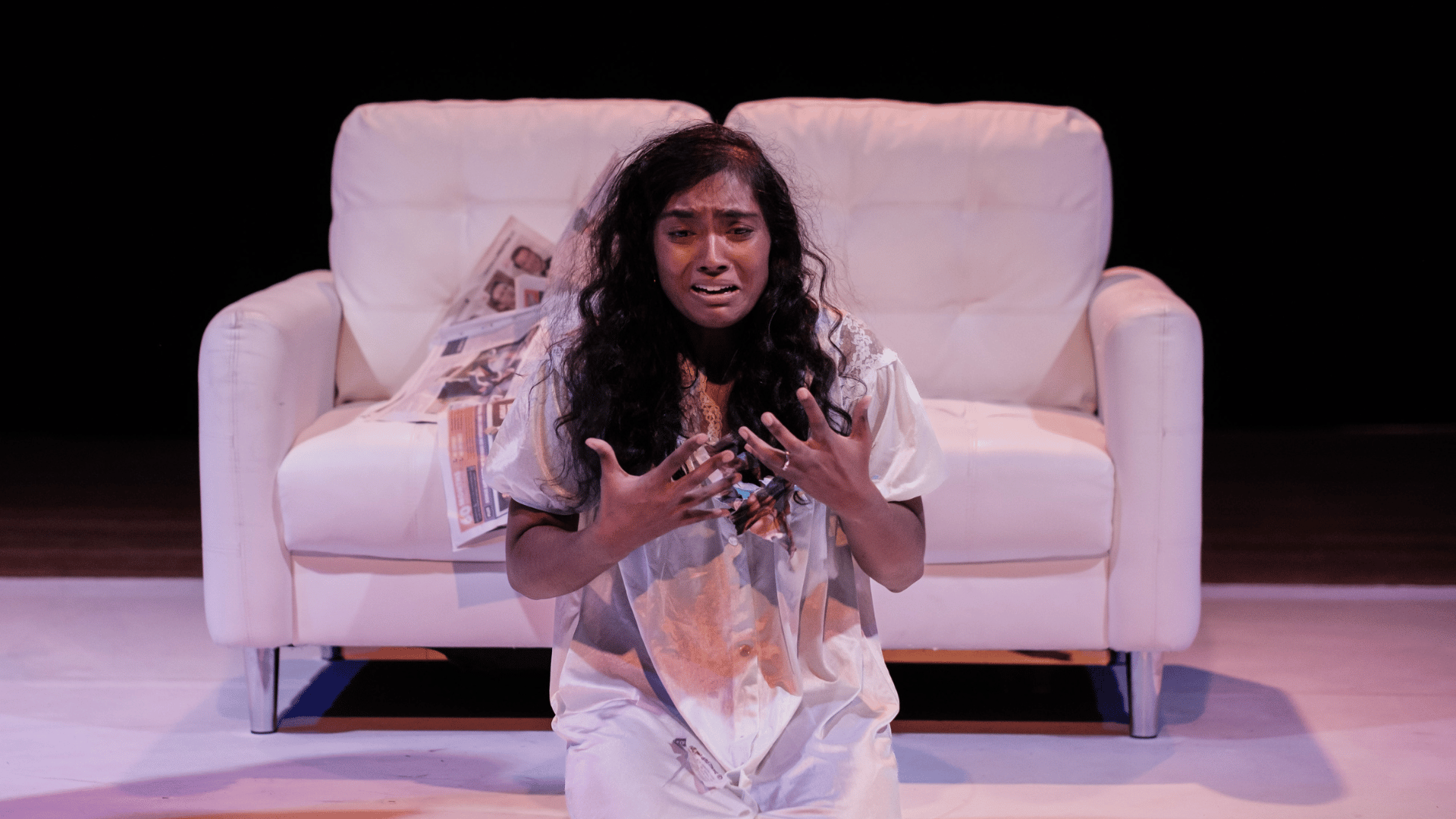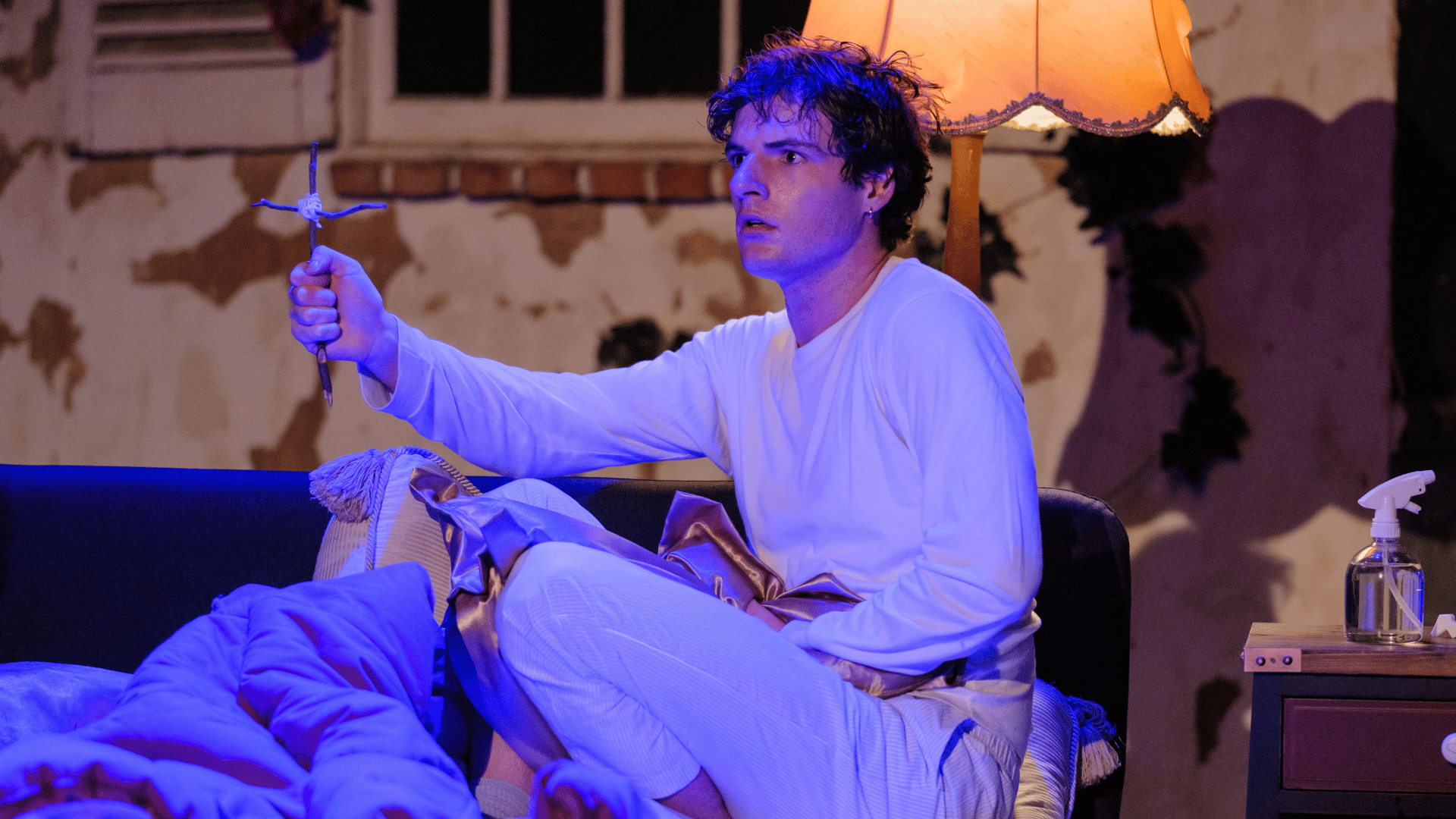Actors Centre Australia no longer offers the Bachelor of Performing Arts (Stage and Screen) program in partnership with Torrens University. Current students will complete their degrees, but there will be no future intakes.
From 2026, we are thrilled to introduce Actors Centre Australia’s new landmark Bachelor of Performing Arts (Acting) degree program, designed in collaboration with Western Sydney University. Click here for more information.
—–
For those committed to the highest-quality industry training available, ACA’s Bachelor of Performing Arts (Stage and Screen) is our flagship program.
The mission of ACA’s Degree Program is to serve, inspire, support and embolden our creative artists via sector-specific training so that they can enter the performing arts workplace and professionally collaborate and contribute – above industry standard – and at the highest level.
The Bachelor of Performing Arts (Stage and Screen) Degree Program is designed and created by Actors Centre Australia, which is accredited by Torrens University Australia and delivered in partnership.
FEE Help is available for domestic students.
